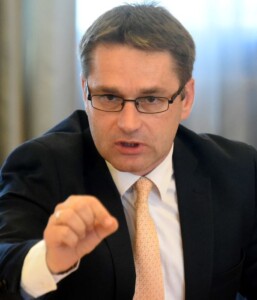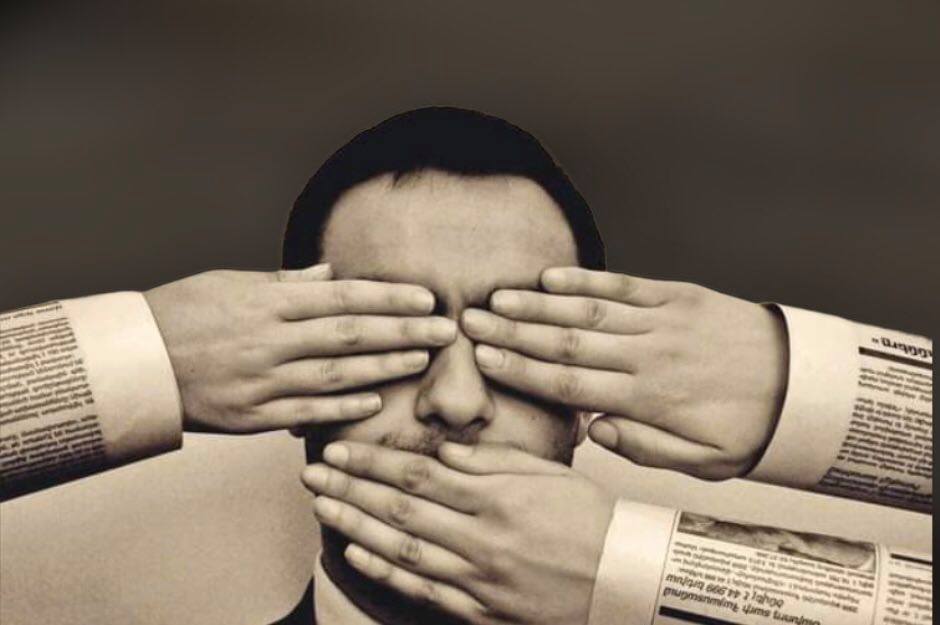With a few regional TV channels lighting up the darkness, at least one significant news portal in each of the countries in the region, and with an army of those who want to reach Europe by staying right at home, we will emerge victorious in the war for normality.

Nedjeljko Rudovic
Whenever we go mad with our difficult and fierce fights about the past, the nation, borders, language, being the regional leader… and in these always returning to one of at least two versions of history, I imagine how we must be perceived by some well-meaning official at the State Department, or the Foreign Office, Quai d’Orsay, or their colleagues in Moscow, Beijing, Berlin, etc. tasked with monitoring the situation in the small and intriguing Balkan region. They are probably amazed and tired of trying to grasp all the nuances of an unusual drama that has been repeating itself for over a century. They must certainly be appalled that after so many decades, the leaders of a few tens of millions of people are still unable to escape the dark hole of mutual misunderstanding and hatred, which heats up every now and again.
How is it even possible that in the face of a rather bleak economic present and future, someone is more concerned with history? How is it not apparent to them they will remain on the margins by doing so, and that the only way to recover their economies, strengthen their states, and gain some international reputation is only through mutual cooperation?
We seem ridiculous in the eyes of the ‘progressive’ world, and the consequences are tragic. The best among us leave with no intention of ever returning. For the most part, our former Yugoslav states are hostages to political parties, greed and the battle for preservation of power. They are the greatest victims of looting by those in power.
So, what’s the catch? I find that it’s in the lack of awareness that engaging in politics means serving your society. Retaining power here also means spreading fear and presenting oneself as a guarantor of protecting ‘national interests’, primarily from the closest neighbours. This inevitably means manipulation, and tireless attempts to gain control over the most influential media. The goal is for the voter not to be a voter; to listen, and not ask; to follow, and not be a citizen.
Therefore we still see tenacious efforts to preserve closed societies in former Yugoslav countries, where all information is filtered. Since it is rather uncommon to be informed about what happens in the vicinity through their media, there is often fertile ground to easily tarnish the other. And that easily leads to tension, very quickly spreading a new wave of mutual hatred. Then, the elected politicians start to ‘defend’ the dignity of their beloved homeland, and we get another ride in a circle as an epilogue. Reconciliation, cooperation, trust, respect, jobs, living standards… remain a utopia. ‘Hate Slavs’ echoes.
Can digital society overpower and change an outdated system? Can the new media, which are well on the way to take precedence from various TV Fortresses, pave the way for some modern version of brotherhood and unity? Pessimists will call it a utopia, because the TV screen manipulation is actually mostly reproduced through social networks. Optimists believe that it doesn’t have to be that way, because every citizen has become a medium himself. Just as it is believed that ahead of the war in Bosnia and Herzegovina the majority wanted peace, but that an aggressive minority prevailed, it is similarly comforting today to believe that there are still more decent and conscientious people around us than idiots and bots.
With a few regional TV channels lighting up the darkness, at least one significant news portal in each of the countries in the region, and with an army of those who want to reach Europe by staying right at home, we will emerge victorious in the war for normality.
Nedjeljko Rudovic is a journalist, professionally acclaimed in Vijesti newspaper, worked as a correspondent for the most respected regional weekly newspapers, and was Member of Montenegrin Parliament



Leave A Comment